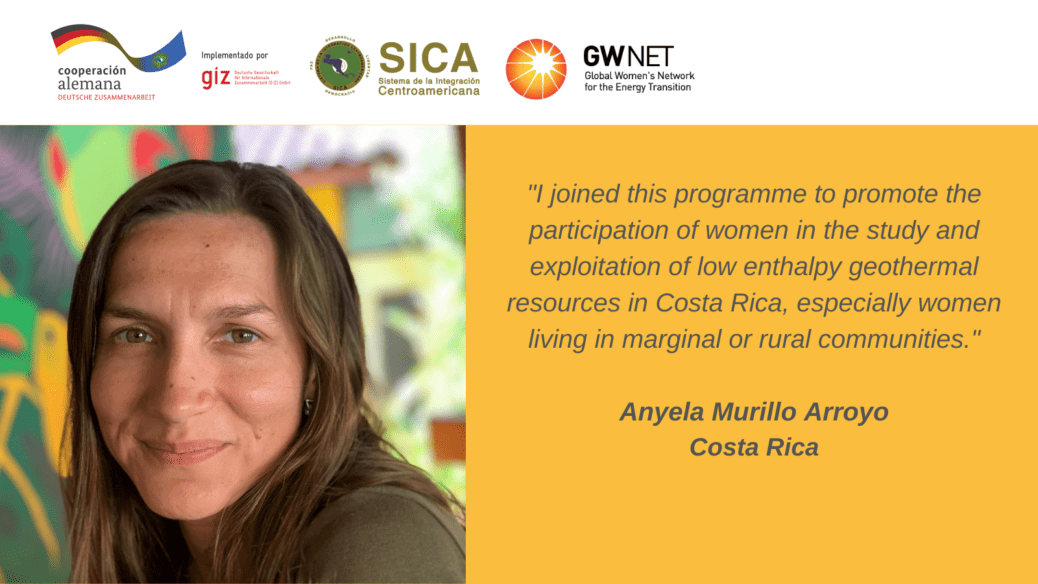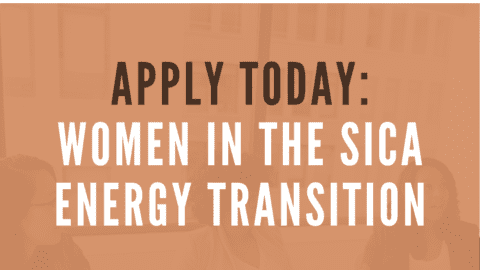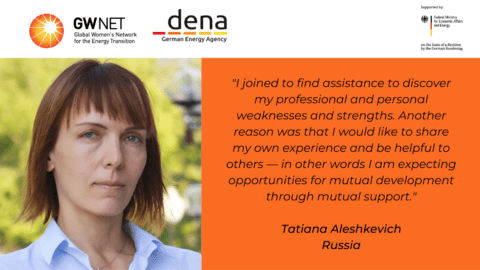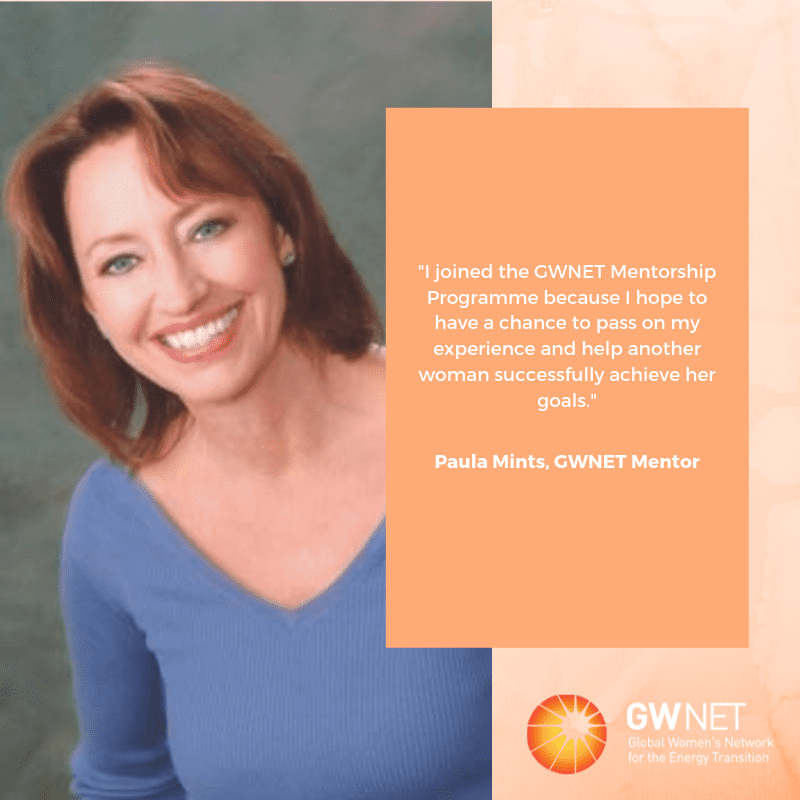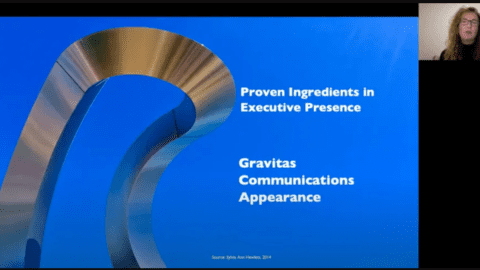GWNET brings you the 4th instalment of the “Meet the Women in the SICA Energy Transition” series which celebrates the work and achievements of the women who are part of the Women in the SICA Energy Transition Mentoring Programme. This programme is made up of 38 mentee-mentor tandems, with mentees from 7 countries. Meet SICA mentee, Anyela Murillo Arroyo, Geographic Information Manager at the Instituto Costarricense de Electricidad in Costa Rica.
1) Tell us a little about yourself. What do you love most about what you do?
Sometimes I consider myself a box of surprises. I am a faithful, supportive and sensitive person. I like to help and I’m passionate; when I like something I put all my effort into innovation.
I love music, I am a drummer, and I am fond of producing videos. I love photogrammetry, drones and in general aerospace technologies. For many years, I specialized in disaster risk management in order to reduce the population’s exposure to hydrometeorological events.
I love geothermal energy. I want to learn more about direct uses to help the population seek new opportunities for social and economic development. I also find it difficult to market myself; I do not know how to sell services, I always do things free as part of my social commitment.
2) What were your goals when you started working in the energy sector? How have these evolved?
My goal has always been to learn. Over the last 14 years, I have been fulfilling this goal, however, I feel that I need to evolve; empower myself; raise my hand and say that I want something more and that I am willing to do my best to achieve it.
3) What are the opportunities for sustainable energy in your country?
There are so many. Costa Rica’s energy matrix is based on clean energy; however, it is necessary to promote low-scale generation or self-consumption. Likewise, it is necessary to implement measures to reduce the consumption of fossil fuels in transportation.
My hiring related to the implementation of a geographic information system (GIS), however, due to little knowledge on the subject, there was a lot of resistance to the consolidation of the system.
At the time, I had the opportunity to work with leadership that did believe in the benefits of GIS, so after insisting a lot at the managerial level, I achieved an openness to their use.
There is currently a cartographic base for geothermal fields, but there is still some resistance to centralizing geoscientific data. Work continues to achieve this openness, as well as the creation of information services for field data capture and consultation on multiple platforms.
I would like to direct projects related to geothermal energy. I would also like to be part of an organization whose objective is the potential participation of women in the economy.
6) What advice would you give to women hoping to join the sustainable energy sector?
First, look for allies within the industry. Second, always try to improve the processes in which you are involved.
Read more about GWNET’s mentoring programmes here.

